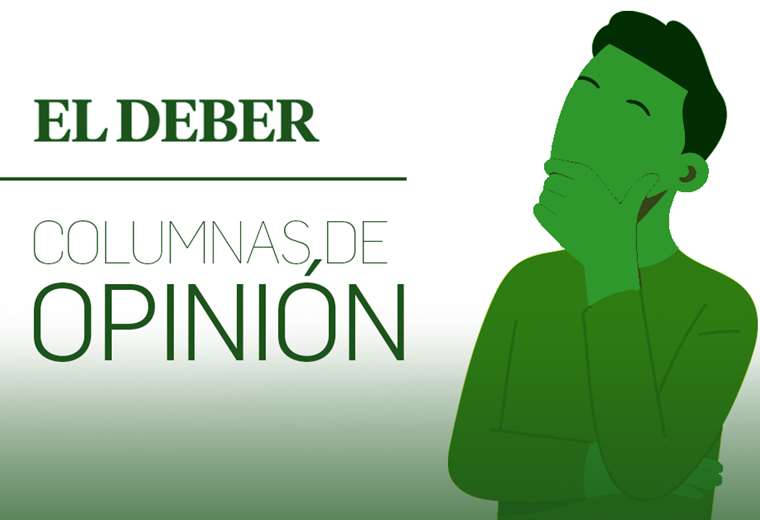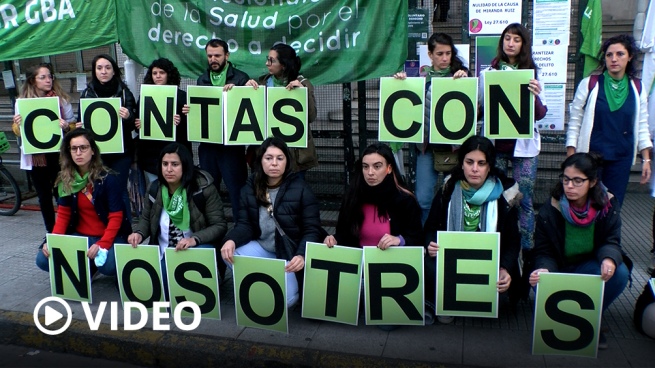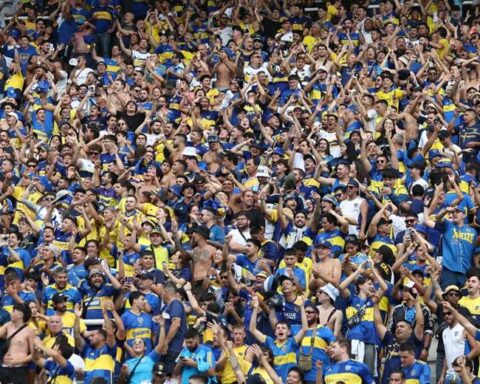July 15, 2022, 4:00 AM
July 15, 2022, 4:00 AM
By Aarón Mariscal, graduate in Communication Sciences
This July 14 marks a tragic event that altered the social order as we know it: the French Revolution. It is often hailed as a milestone worth celebrating, but it seems that few dare to recognize the darkness that lies behind it.
Perhaps it is no secret to anyone that this event involved a whole series of mass murders in the name of freedom, equality and fraternity. The problem is that the authors who consolidated hegemonic historiography allow themselves to be seduced by the philosophical error of historicism: “Yes, well, but this is how revolutions are; It was good that it happened anyway.”
Will it be so? Could there be something else behind all this? What if in reality the guillotine revolution lied to us and did not seek the welfare of the people but rather of a few? What if not everything there was before 1789 was evil and perversity?
To investigate further, we would have to find out what the real causes of the French Revolution were, what ideas were behind it, and what those ideas were opposed to. You also have to look for what the revolutionaries themselves say versus what the counterrevolutionaries say. And if we can’t believe the counterrevolutionaries, why can’t we believe them and the others?
In addition, it is necessary to find out what consequences this revolution really brought, and if those consequences were essentially bad or good.
There are several interesting questions that we can ask ourselves in this regard: who were the leaders of each riot? Who resisted the advance of the revolution? What was politics, economy and society really like before the revolution? What are guilds and corporations? Are there monarchies that are not absolute? Only democratic regimes can be good and monarchists always bad just because?
Keywords such as “Vendée genocide”, “chuans” or “compiègne martyrs” can help us understand what is hidden behind all this. We can begin to question things with the episode La Revolución Francesa, from the Spanish television program Lágrimas en la Lluvia.
In addition, thinkers such as José de Maistre, Luis de Bonald and Francisco René de Chateaubriand are some French examples of intellectual resistance against the revolution that was taking place in their country. In fact, Maistre predicted in 1817 that a hundred years later something deeper would come, the Bolshevik revolt.
Let’s question these things, let’s not stay with what they usually teach us. They could be selling us propaganda and we don’t realize it!







